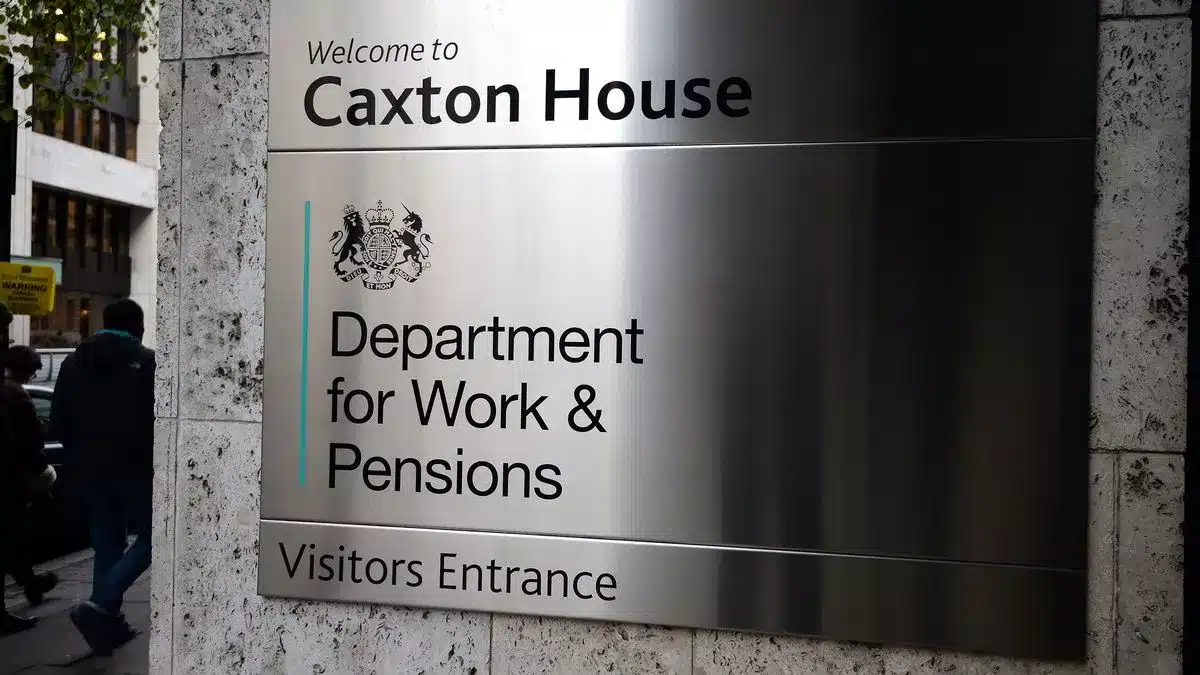DWP has taken a central role in the UK government’s ambitious reform project, the “Get Britain Working” plan, aimed at improving access to employment, particularly for disabled people. While the initiative has been praised for its intent to promote professional inclusion, it has also sparked concerns.
Many disabled people worry about losing their benefits or being pushed into unsuitable jobs. These fears are especially significant as millions of Britons continue to grapple with the ongoing cost of living crisis.
Ambitious Employment Reforms, but Essential Guarantees Needed
The plan, announced by Liz Kendall, Secretary of State for Work and Pensions, includes numerous measures to enhance employment opportunities for disabled people. Among the highlights of the project are the transformation of jobcentres into a national careers service designed to better support jobseekers, including disabled individuals.
In addition, the government plans to tackle long-term illness as a barrier to work, encouraging people to engage in training programmes and available jobs. Sanctions would be imposed on those who refuse these opportunities, in an effort to combat prolonged inactivity.
However, while the government is emphasising these reforms, experts, and advocacy groups are cautious. Louise Rubin, head of policy at Scope, points out that while these initiatives are commendable, a key question remains: will disabled people lose their benefits if they engage with employment support services? Rubin stresses that many disabled individuals are already in precarious financial situations and fear that participating in these new programmes could result in losing social benefits or being pressured into unsuitable job offers.
Legitimate Fears, or a False Alarm?
The concerns raised by activists are valid, particularly when it comes to the fear of being placed in jobs unsuitable for their health. Richard Kramer, Chief Executive of Sense, a charity for people with disabilities, reminds us that disabled people often face discrimination in recruitment processes.
Therefore, it is crucial that the jobs offered through this programme do not compromise their well-being. Kramer also calls for better collaboration between authorities and local experts to ensure that people are not forced to take jobs that may endanger their health.
DWP’s Role in Targeted Support for Real Impact
Despite these concerns, some experts believe that the initiative could transform the lives of many disabled people, provided that the government delivers more tailored support. The aim should be to make access to quality jobs easier, rather than pushing people into precarious or unsuitable positions.
Additionally, the lack of trust in the Department for Work and Pensions (DWP) must be overcome for this plan to succeed.
Keir Starmer, leader of the Labour Party, has backed the reform, emphasising that it seeks to move the country out of inactivity and offer real prospects for young people and those with chronic illnesses. He argued that it is essential to overhaul the jobcentres and promote access to the jobs of tomorrow.
A Major Challenge: Rebuilding Trust
While the intent behind reforming the employment support system is admirable, the challenge remains to rebuild trust between the government and benefit claimants. Disabled people have long felt sidelined in this area. For the plan to succeed, it is vital that the government removes the risks of unjust sanctions and offers genuine personalised support that truly meets the needs of disabled jobseekers.
Key Measures of the “Get Britain Working” Plan
The table below summarises the key measures outlined in the government’s employment reform plan:
| Measure | Details |
|---|---|
| Transformation of jobcentres | Creation of a national careers service to better support disabled jobseekers. |
| Sanctions for non-participation | Sanctions on benefits for those who refuse work or training opportunities. |
| Suitable employment | Focus on young people and those with complex disabilities, though fears of unsuitable jobs remain. |
| Overhaul of jobcentre culture | Revamping jobcentre approach to better address the needs of disabled individuals. |
| Collaboration with local experts | Partnering with specialist organisations to ensure high-quality support. |










I don’t agree with the sentiments put forward by the government, as I’m too old to start work, and I have several severe disability issues. In my opinion, they have not thought this through enough.